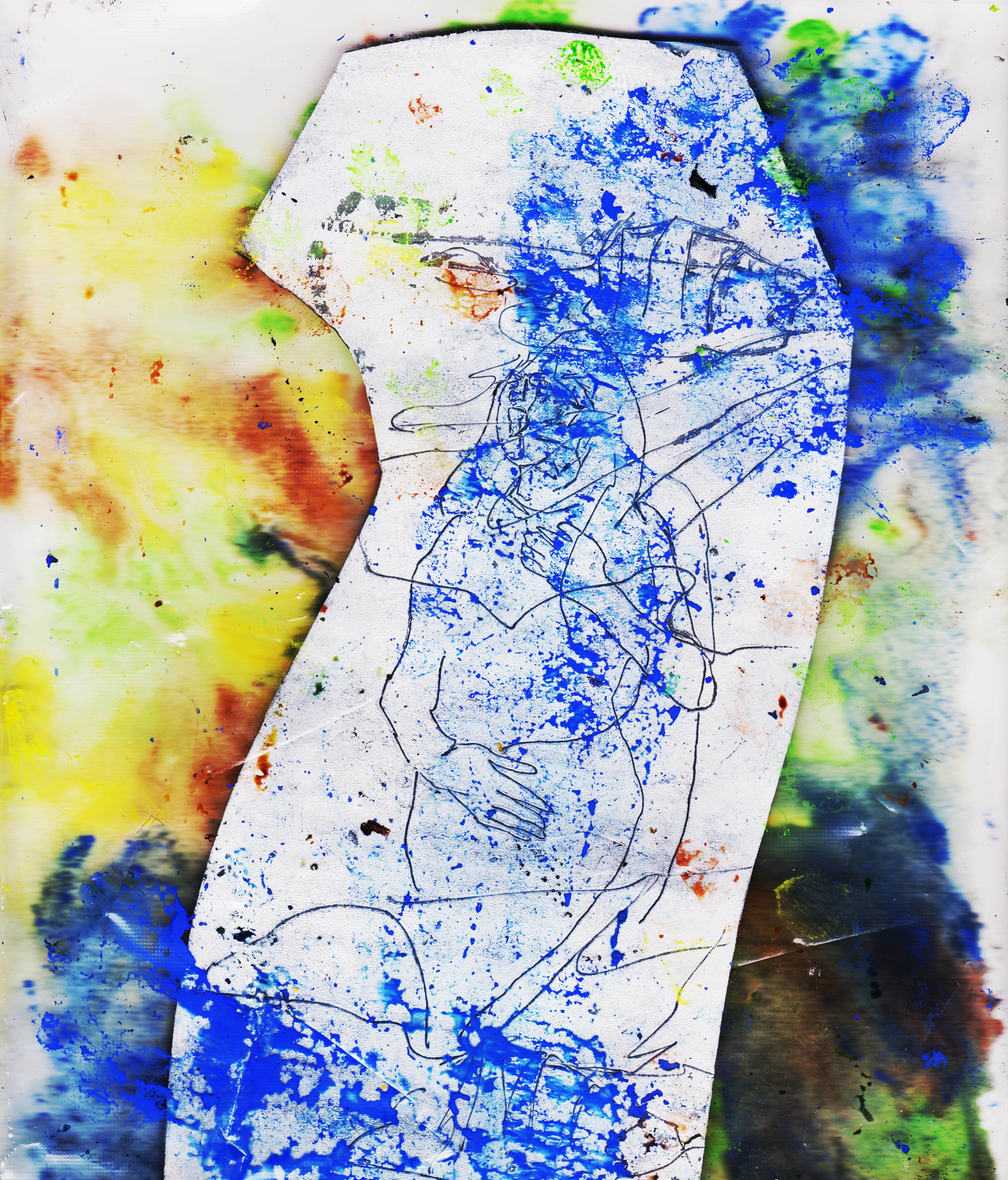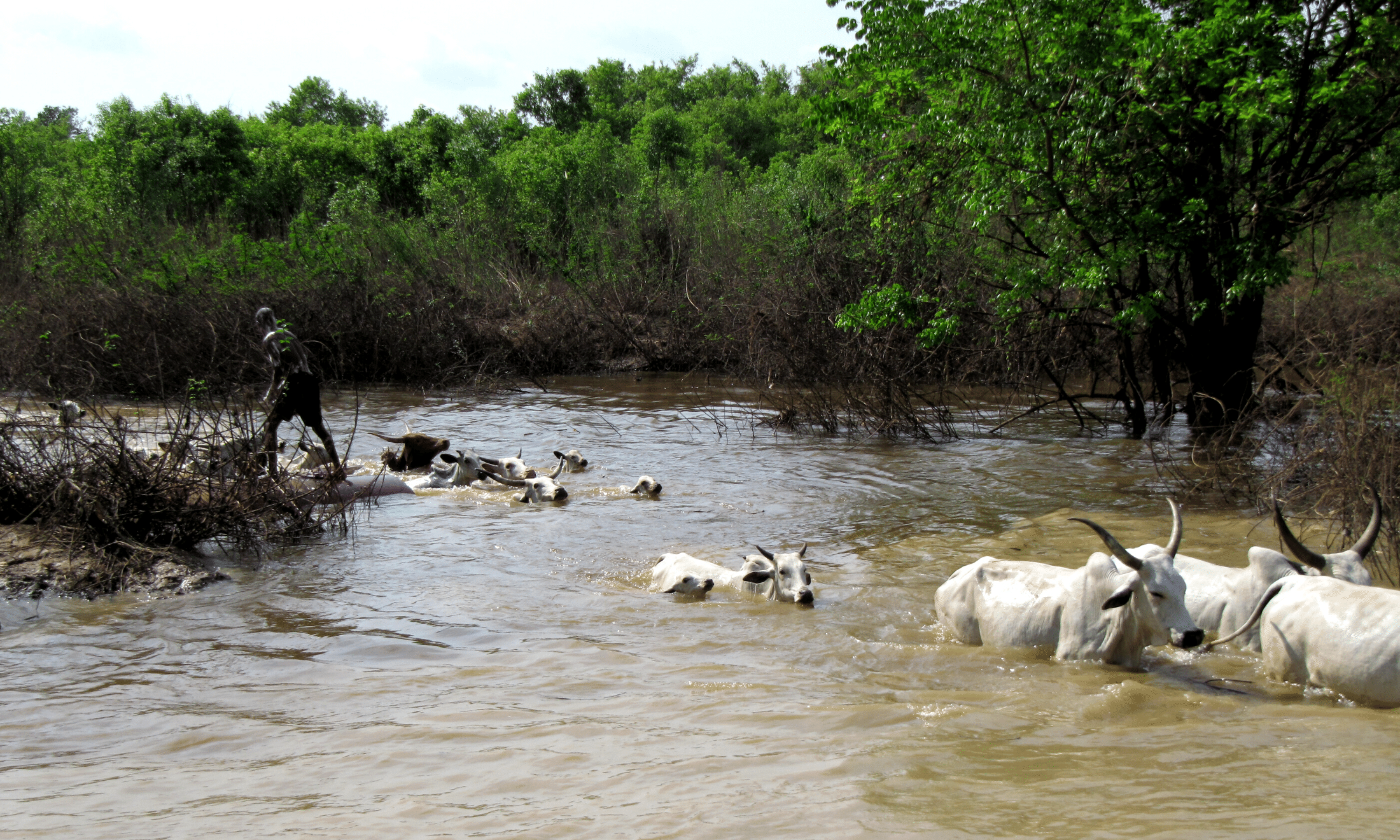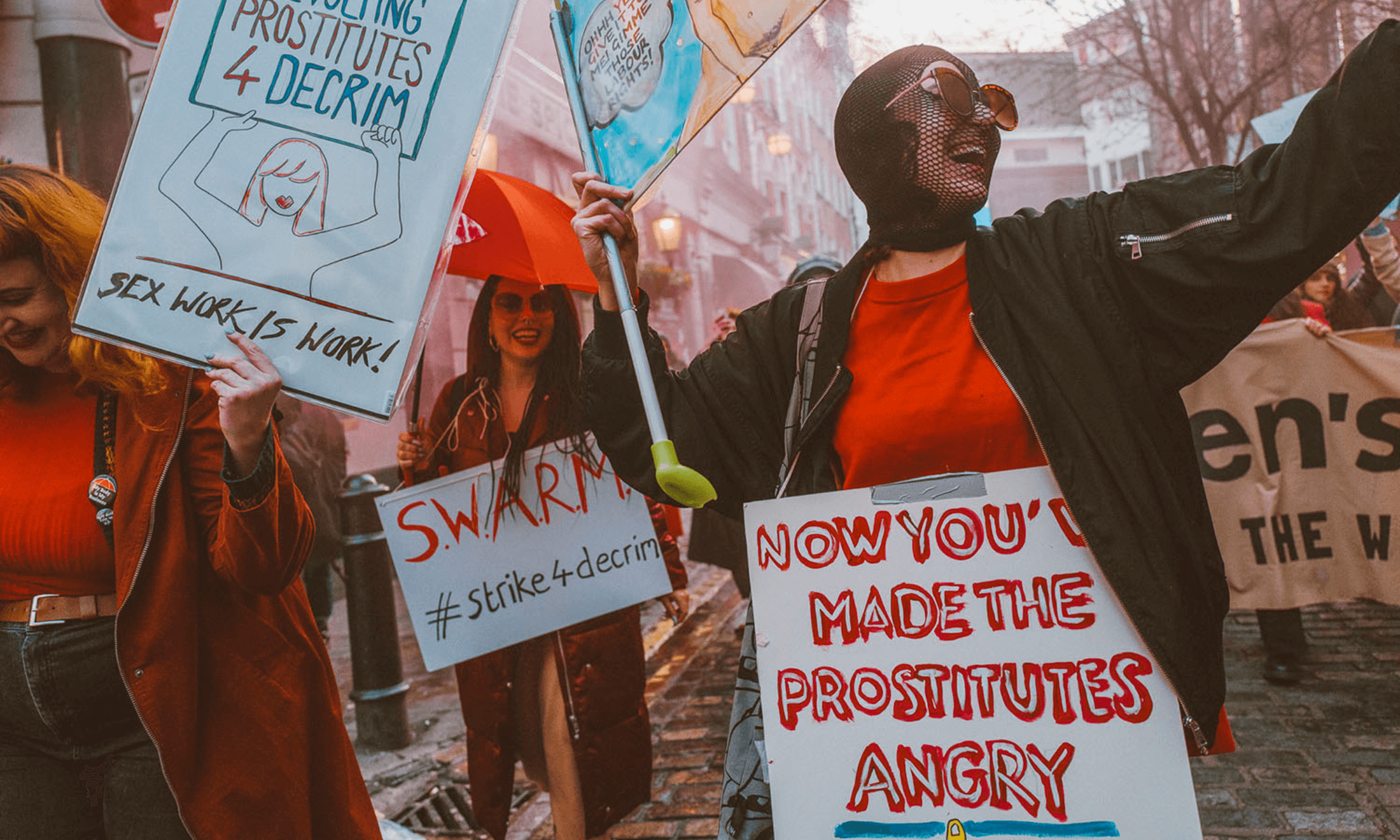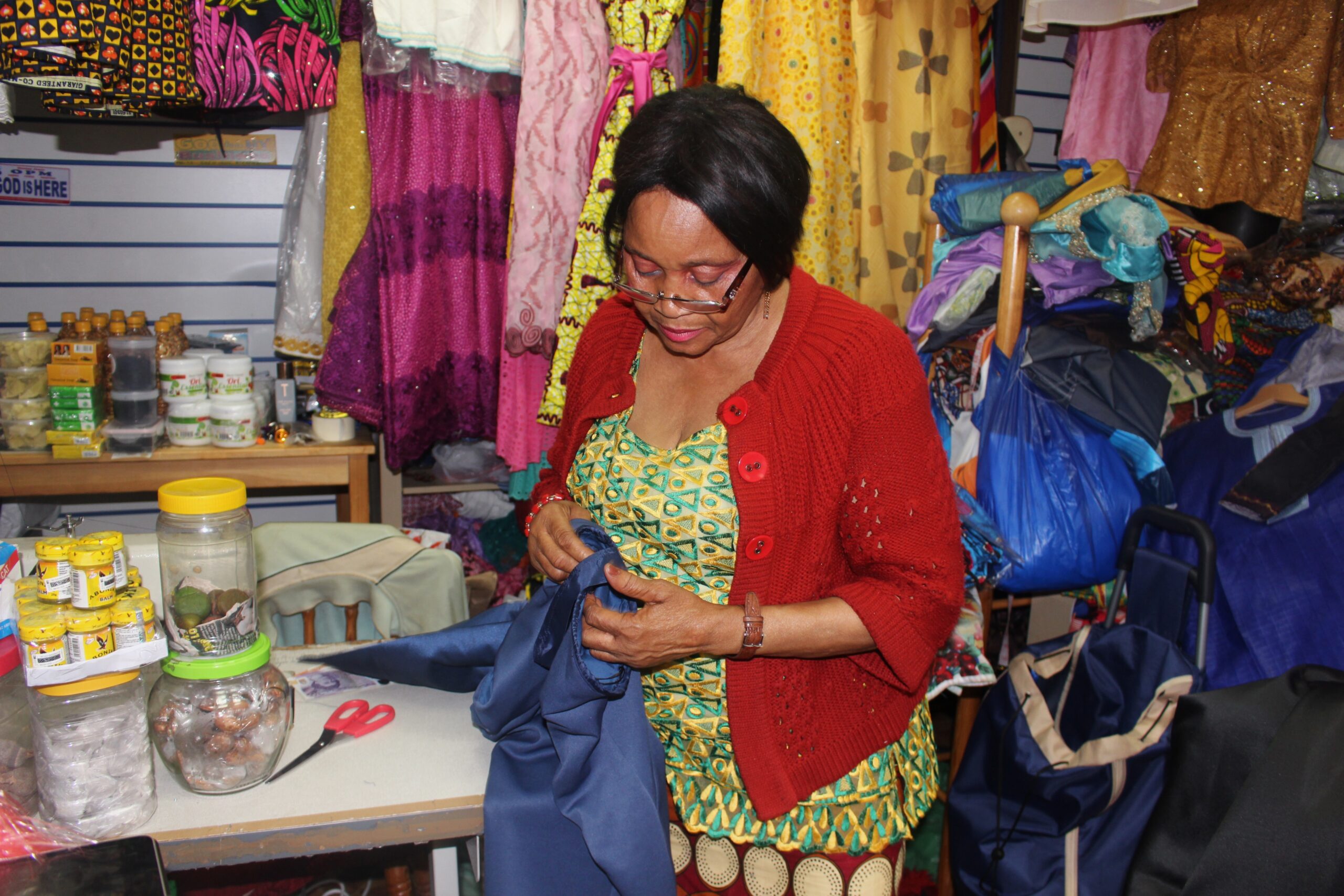
More than just an oil spill: government silence as the Niger Delta is destroyed
Aseosa Uwagboe
23 Mar 2017
The Niger Delta was once a beautiful and bountiful region that spans over 20,000 square kilometres. Located deep in the Southern part of Nigeria, the Delta is also home to one of the most ecologically sensitive areas in the country and the third largest wetland in the world. It supported numerous species of terrestrial, aquatic flora, fauna and human life. Yet, due to oil drilling, this wetland has become one of the most oil polluted places on Earth.
Extraction has resulted in 3000 oil spill incidents in the Delta between 1976 and 1999. This translates into over two million barrels of oil leaked into the country’s coastal and offshore marine environment. A study by the United Nations found that substantial damage to surrounding vegetation from fire and smoke from oil rigs. This makes is very difficult for the many farmers and fishermen in the Delta who depend on the bustling eco-system to survive.
The Delta also harbours the country’s crude oil reserves to the tune of 33 billion barrels, while the natural gas reserves are 160 trillion cu.ft. Crude oil being such an important resource for the world has attracted corporations such as Nigerian subsidiaries of multinational companies like Shell, Chevron, Exxon-Mobil, Agip, Total, with Shell being the main operator on land since the 1950’s.
However, such demand is destroying and crippling the Niger Delta. People are unable to live off the land as they once did. Instead people are condemned to having their lands devastated, their air polluted and their water supply poisoned. The local population is in poverty, starvation, various illnesses and, likely, death.
In the Ogale community of about 40,000 people in Rivers State, the effects are extremely apparent. King Emere, a paramount ruler in the community, notes of not being able to drink water from the local borehole. The liquid smells powerfully of oil and tastes foul. “This is what we must drink. It is getting worse. We are getting strange illnesses. Our boys and girls cannot have children. We have strange deaths,” he says.
Groundwater contamination is found to be more than 4,500 times Nigerian recommended levels. These challenges to health have greatly impacted the life expectancy in the Delta. It is set at just 40 years due to lifetime exposure to contaminated air, water sources, soil and sediment. The King has been fighting the Nigerian subsidiary of Shell (SPDC) to bring justice to the Ogale people ensuring that they no longer suffer because of the pollution. Yet, the case has been brought to UK courts but cannot be heard due to differences in legislation and law.
This makes it remarkable where statistics show the oil industry makes billions of dollars per year for the countries and corporations involved. Yet, over 50% of Nigerians live on less than $2 dollar a day, including the people of the Delta region – reducing their ability to bring cases forward successfully. Rather they are forced to wade through thick, viscous liquid in vain hope of finding a catch to sell or eat.
Despite the severe pollution, some progress is being made to bring large corporations to account. Shell will have to pay £55m in compensation to one of the most affected regions, Bodo village in Ogoniland, for successive spills from 2008. The defective Shell pipelines led to major contamination of Bodo’s land and water sources and the resolution will include a major clean-up and a lifetime ban on Shell from working in Ogoniland. This landmark case sounds a warning shot to multinationals that they will not be able to evade responsibility for decades of environmental damage.
Though even with a transnational court ruling, that still does not guarantee a corporation will finally act sustainably. Shell, despite many its many promises, has failed to clean up Bodo and there is still large amount of oil in the creeks eight years on. What’s more, is that such spillages have very long term effects. A study by the UN found that it would take at least 25-30 years to restore the Niger Delta’s eco-system and $1billion to do so. Environmental restoration of the area could prove to be the world’s most wide-ranging and long term oil clean-up exercise ever undertaken. But, one cannot help but wonder where exactly is the government in all of this. Why is that the people of Nigeria must fight for their right to basic resources, whilst their leaders stay silent? Activists such as Ken Saro-Wiwa and other martyrs laid down their lives in 1995 to fight against the oil pollution in Ogoniland caused by Shell and other oil companies. Yet, they suffered corrupt military trial, with no access to legal recourse – which ended in a shameful, vulgar death.
It seems then, that this is more than just an oil spill. The Niger Delta crisis reflects a deep chasm between the needs of the people and wants of large profitable corporations. With the government choosing to toe the line between having their cake and eating it too. The region has become a ‘cash cow’, but deteriorates under the force of unsustainable activity. Recommendations for action by the UN has fallen on deaf ears of the government, locked up further in bureaucracy and administrative challenges. Nigerians are consistently neglected by a state that continues to fail in its responsibilities towards its own citizens. Rather, instead of listening to the people the government uses the military to control the people often leading to more factions in the community. Emergence of violent vigilantes, such as the Niger Delta Avengers, add to the precarious situation of vulnerable people fighting powerful corporations. Their motives reflecting civil unrest and a desperation for change.
The most unfortunate part is that with the right policies and strategies, the Niger Delta could have been profitable for both the people and oil companies. It is only with hope that any resolutions, which attempt to save the area from further degradation, happen sooner than later – or the beautiful Niger Delta will be sadly confined to history books.

Britain’s policing was built on racism. Abolition is unavoidable

How Pakistan’s Khwaja Sira and transgender communities are fearing and fighting for their futures

Their anti-rape performance went viral globally. Now what?






